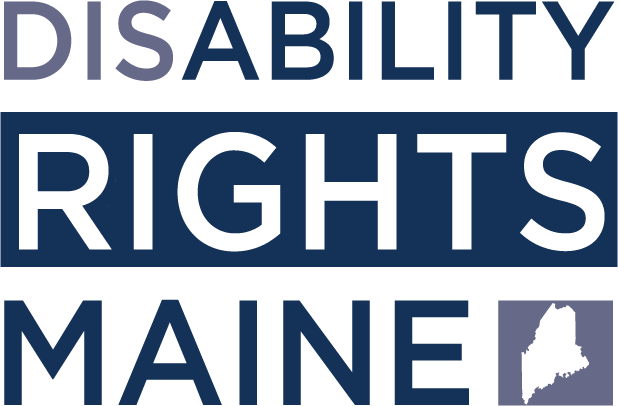In recent months, the Social Security Administration announced a series of policy improvements, listed below, that aim to improve payment processing and reduce hardships on beneficiaries.
Social Security Commissioner Martin O’Malley acknowledges that,
“For 88 years, the hard-working employees of the Social Security Administration have strived to pay the right amount, to the right person, at the right time. And the agency has done this with a high degree of accuracy over a massive scale of beneficiaries. But despite our best efforts, we sometimes get it wrong and pay beneficiaries more than they are due, creating an overpayment.
When that happens, Congress requires that we make every effort to recover those overpaid benefits. But doing so without regard to the larger purpose of the program can result in grave injustices to individuals, as we see from the stories of people losing their homes or being put in dire financial straits when they suddenly see their benefits cut off to recover a decades-old overpayment, or disability beneficiaries attempting to work and finding their efforts rewarded with large overpayments. Innocent people can be badly hurt. And these injustices shock our shared sense of equity and good conscience as Americans.”
1. Beneficiaries May Pay Less Per Month
As of March 25th, 2024, all individuals that receive Title II benefits (also known as SSDI payments) that received a notice requesting a full and immediate refund of their overpayment, may be able to pay a bit less.
This new policy means that the default collection for overpaid individuals will no longer be 100% of their benefits check. Instead, the default will be $10 or 10% of the monthly benefit amount to square away their debt with Social Security. Social Security will take whichever repayment option is higher- so if the repayment percentage is more than $10, the percentage will be the amount that Social Security will take back. While this policy transition takes place, overpaid individuals or payee’s must contact their local Social Security office to make this request.
This change in policy is for all new overpayments, but beneficiaries with an existing overpayment may also contact their local office to request a change of their withholding.
The goal of this policy change is to improve the Social Security Administration’s practice in collections while acknowledging the financial hardship overpayments have on individuals and that diversity exists in the ability for individuals to pay back their debts. This change is part of a continued effort to update their policies to be more poverty informed. With this change, overpaid individuals will be able to pay less per month over time, compared to years before, which means more money will remain with those that could benefit from it the most.
2. Longer Repayment Plans of up to 60 months! Social Security recently modified their policy to approve repayment plans of up to 60 months or 5 years. To qualify, Social Security beneficiaries would only need to provide a verbal summary that includes: their income, resources, and expenses to their local SSA office. This changes a little if beneficiaries receive means-tested SSI. Recipients of SSI would not need to provide a verbal summary at all. Instead, they would just have to verbally request a longer payment plan with their local SSA office. Individuals whose overpayment may still take more than 60 months to repay may still need to provide additional documentation to support their repayment plan.
3. Improving Access to Waivers: By definition, a Waiver of Overpayment Recovery is a form that allows an overpaid beneficiary to make their case for why they are not at-fault in the overpayment. It also acts as a place where they can explain why they do not have the ability to repay. By filling out this form, they can potentially waive any potential responsibility to repay the overdue amount and be refunded the amount that Social Security may have already collected. In the past, this form has not been easy to access. Social Security is adjusting this process to make it easier for overpaid beneficiaries to access this form, to then request a waiver of repayment, in the event they believe themselves to have been without any fault and/or without the ability to repay.
4. Reframing the Burden of Proof: Social Security will also be changing where the burden of proof falls for waivers of overpayments in their guidance and procedures. In the past, the responsibility fell on the claimant to prove that they were not at fault. This meant that the burden, the overpayment amount, and whatever problems the overpayment may have contributed to that were now co-occurring; such as homelessness or reduced motivation to work- did little to improve the ability for the beneficiary to repay the overpaid amount. This past procedure simply added more stress on top of what the beneficiary may had already been experiencing. By reframing the burden of proof, Social Security is shifting this responsibility away from the claimant, alleviating this stress and potentially placing the role in the duties of an organization that may have more tools to investigate matters accordingly.
Protection and Advocacy Program for Beneficiaries of Social Security (PABSS): If a beneficiary experiences a barrier to employment that they need help with, Disability Rights Maine may be able to help! Beneficiaries that would like help from Disability Rights Maine can call our phone number here 800.452.1948 or fill out our online form to schedule an intake appointment.
Social Security funded creation of this document under a grant. Although Social Security reviewed this document for accuracy, it does not constitute an official Social Security communication. This communication is printed, published, or produced and disseminated at U.S. taxpayer expense.
